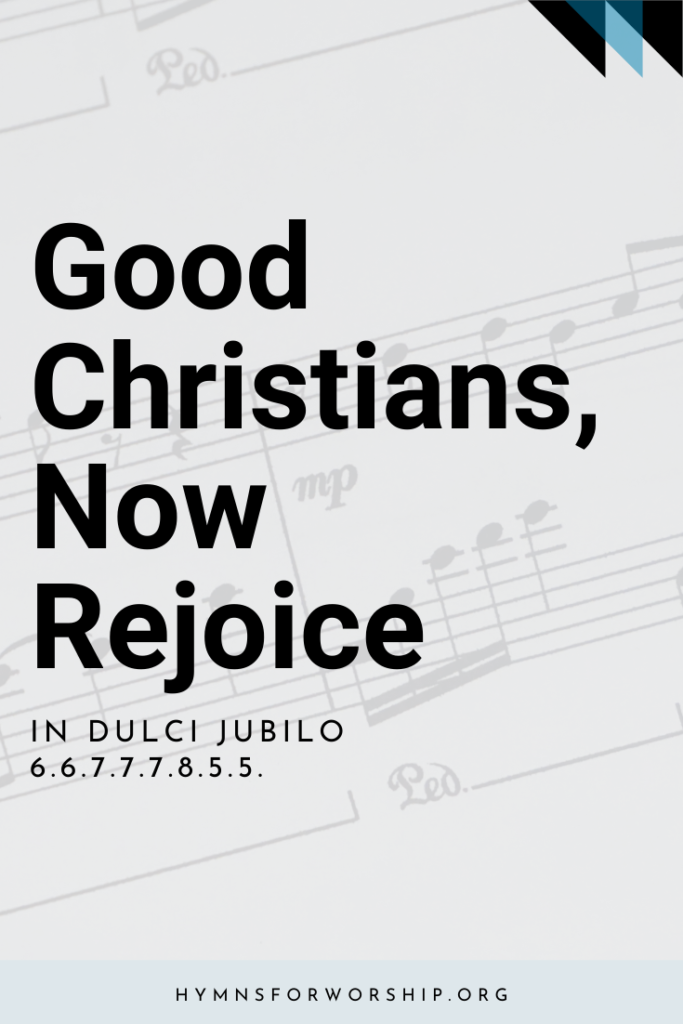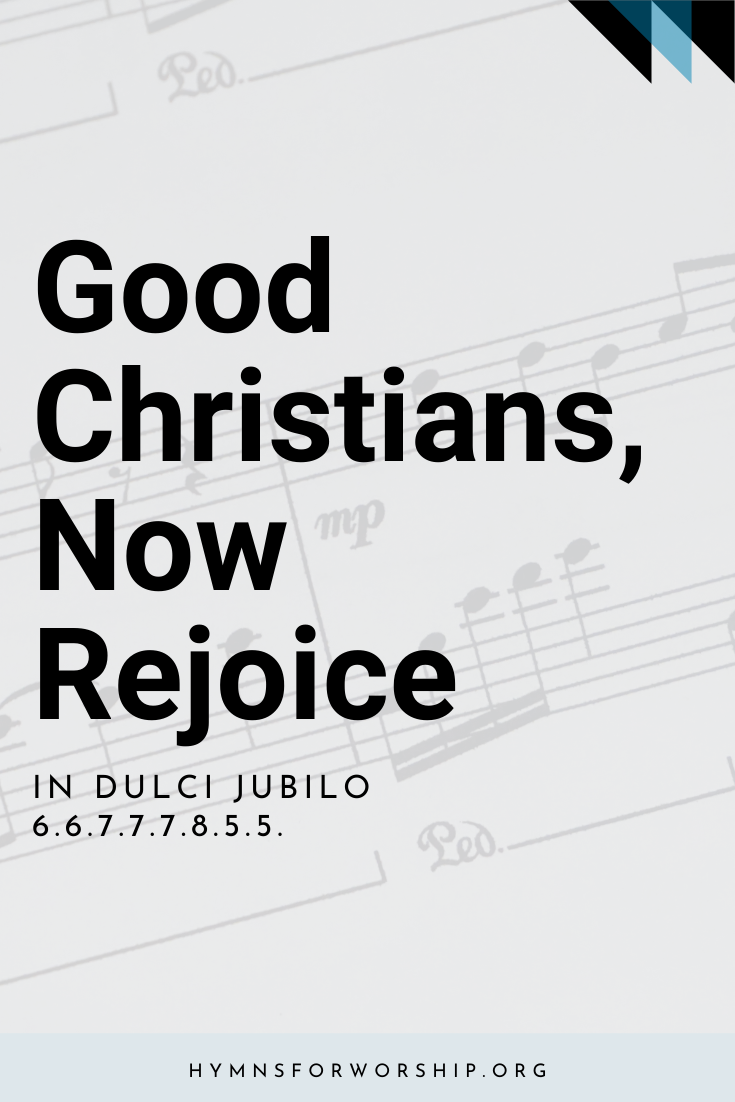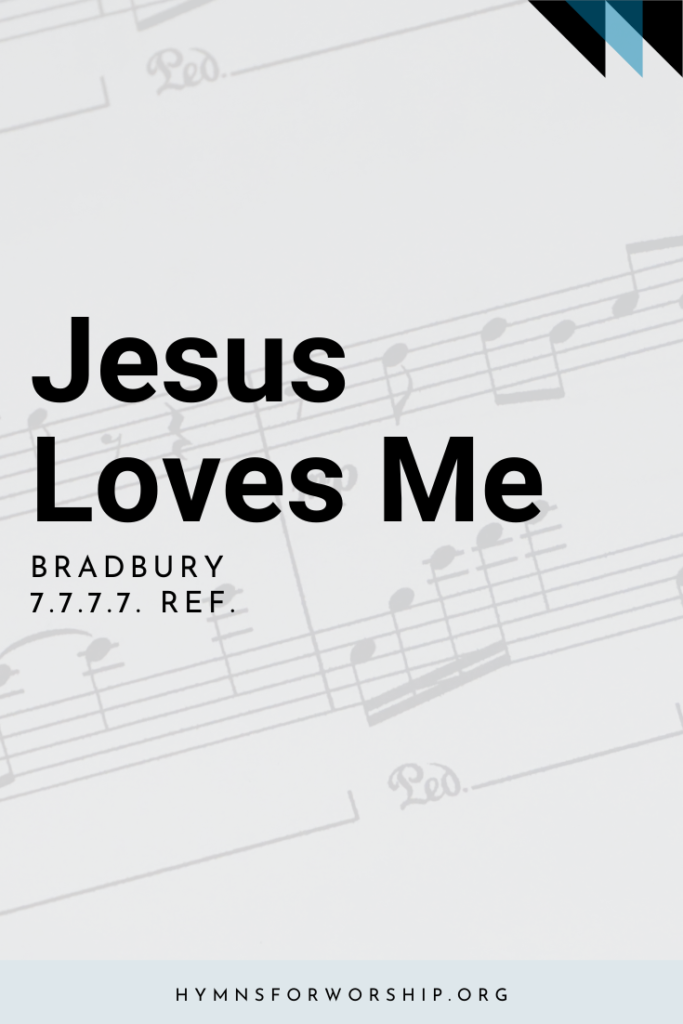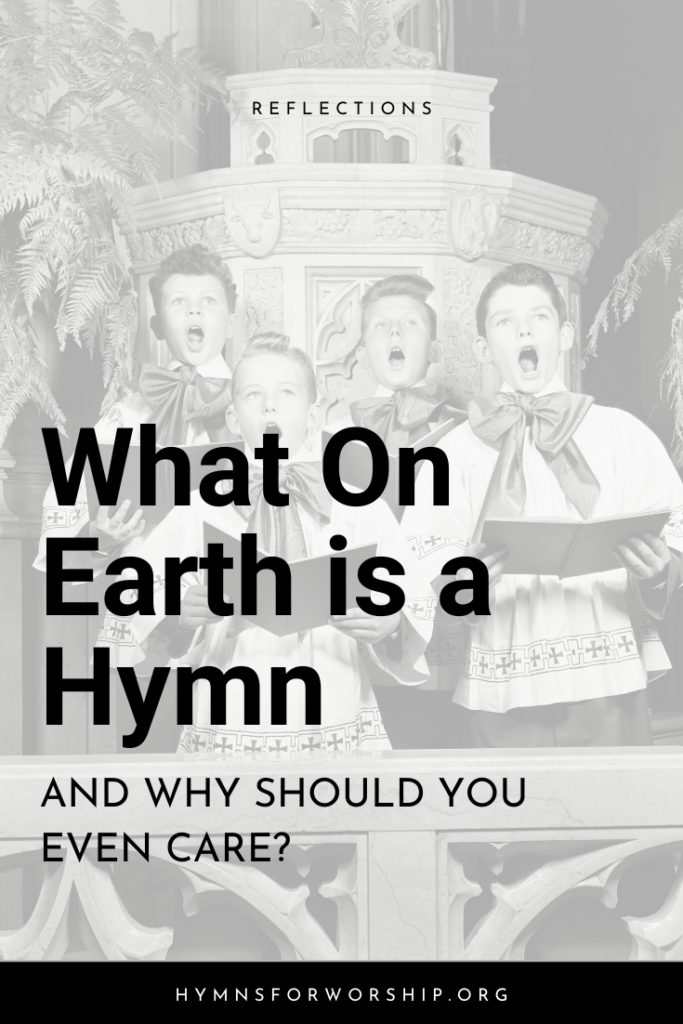JESUS CHRIST >> Birth
SDAH 136
Good Christians, now rejoice,
With heart, and soul, and voice;
Give ye heed to what we say:
Jesus Christ is born today;


Text
1
Good Christians, now rejoice,
With heart, and soul, and voice;
Give ye heed to what we say:
Jesus Christ is born today;
Ox and ass before Him bow,
And He is in the manger now.
Crist is born today!
Crist is born today!
2
Good Christians, now rejoice,
With heart, and soul, and voice;
Now ye hear of endless bliss:
Jesus Christ was born for this!
He hath ope’d the heav’nly door,
And we are blessed evermore.
Christ was born for this!
Christ was born for this!
3
Good Christians, now rejoice,
With heart, and soul, and voice;
Now ye need not fear the grave:
Jesus Christ was born to save!
Calls you one and calls you all
To gain His everlasting hall.
Christ was born to save!
Christ was born to save!

Hymn Info
Biblical Reference
(a) Luke 2:7 (b) Heb 2:15
Translator
John M. Neale (1818-1866)
Year Published
1853
Hymn Tune
IN DULCI JUBILO
Metrical Number
6.6.7.7.7.8.5.5.
Arranged
C. Winfred Douglas, 1918 (1867-1944)
Tune Source
14th century melody
Theme
BIRTH OF JESUS CHRIST

Get the hymn sheet in other keys here
Notes
Make each hymn more meaningful with these helpful tools: Short, ready-to-use hymn introductions for church bulletins, multiple ways to introduce a hymn based on your worship theme and in-depth history and insights to enrich your song service.
Germany during the fourteenth century. A traditional story tells about a vision that came to one Heinrich Suso, fourteenth-century mystic, in which a choir of angels sang this carol to him, and then drew him in to dance with them. The text was macaronic, that is, a mixture of Latin language and some vernacular language. John M. Neale (1818-1866; see Biographies) included his translation in Carols for Christmastide, 1853, with this tune. It was an inexpensive collection of 12 carols that he hoped to make available to church choirs. The original first line, “Good Christian men, rejoice,” has been changed to “Good Christians, now rejoice” to make the language inclusive of people of both genders.
The tune name IN DULCE JUBILO means literally, “In sweet shouting, or jubilation, or joyful noise.” It has been found at Leipzig University Library in a manuscript dating from around 1400. The melody and certain versions of the words appeared in several sixteenth-century hymnbooks, including a Swedish translation of Piae Cantiones, 1582.
The Hymnal 1940 Companion relates how “the macaronic character of this text was fully tested on September 14, 1745, at the Moravian mission in Bethlehem, Pennsylvania, where the mission diary records that it was sung simultaneously in 13 languages, European and Indian.”
The arrangement is by C. Winifred Douglas (1867-1944), prominent Episcopal hymnologist (see SDAH 72).





